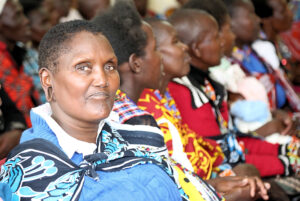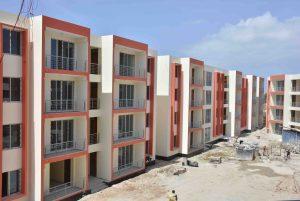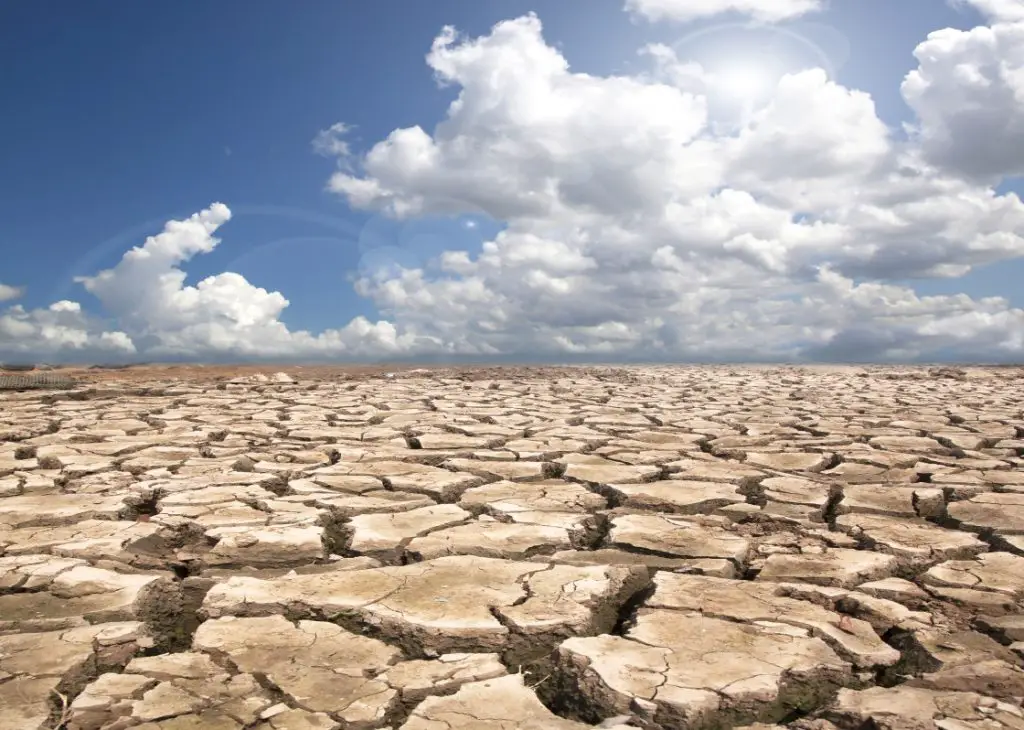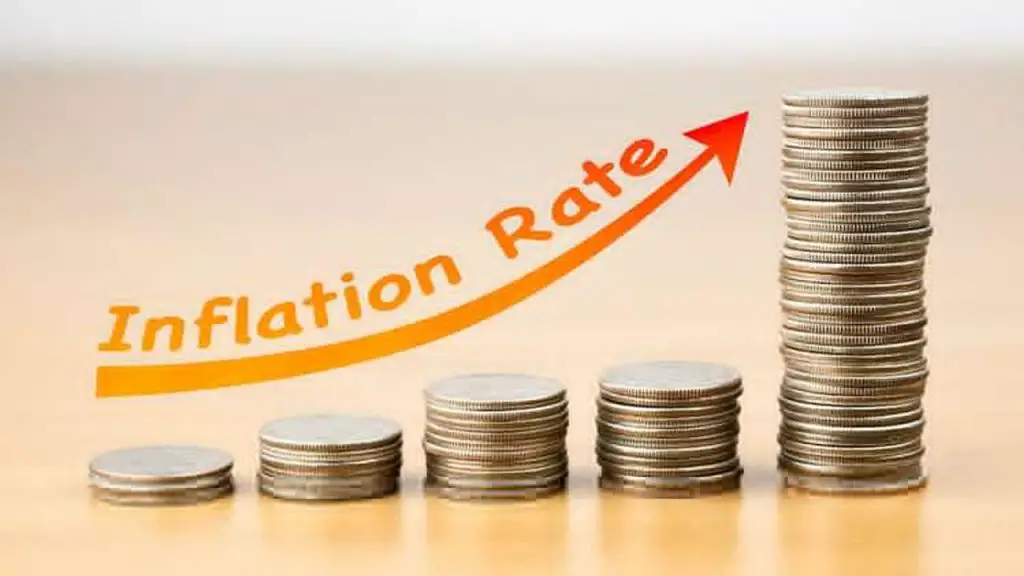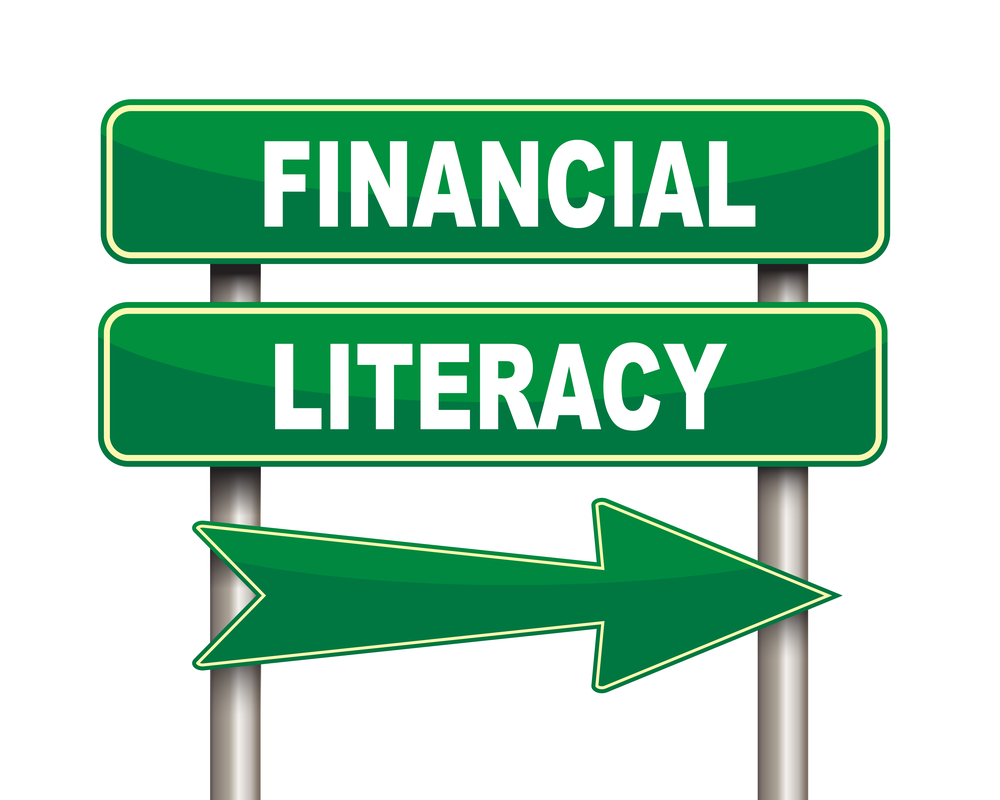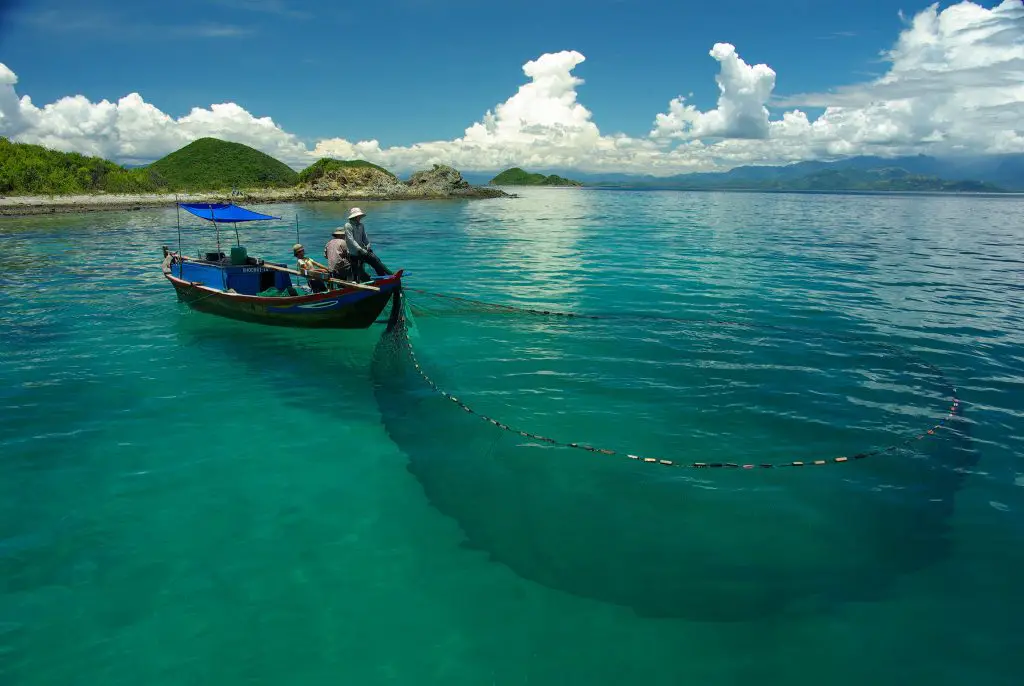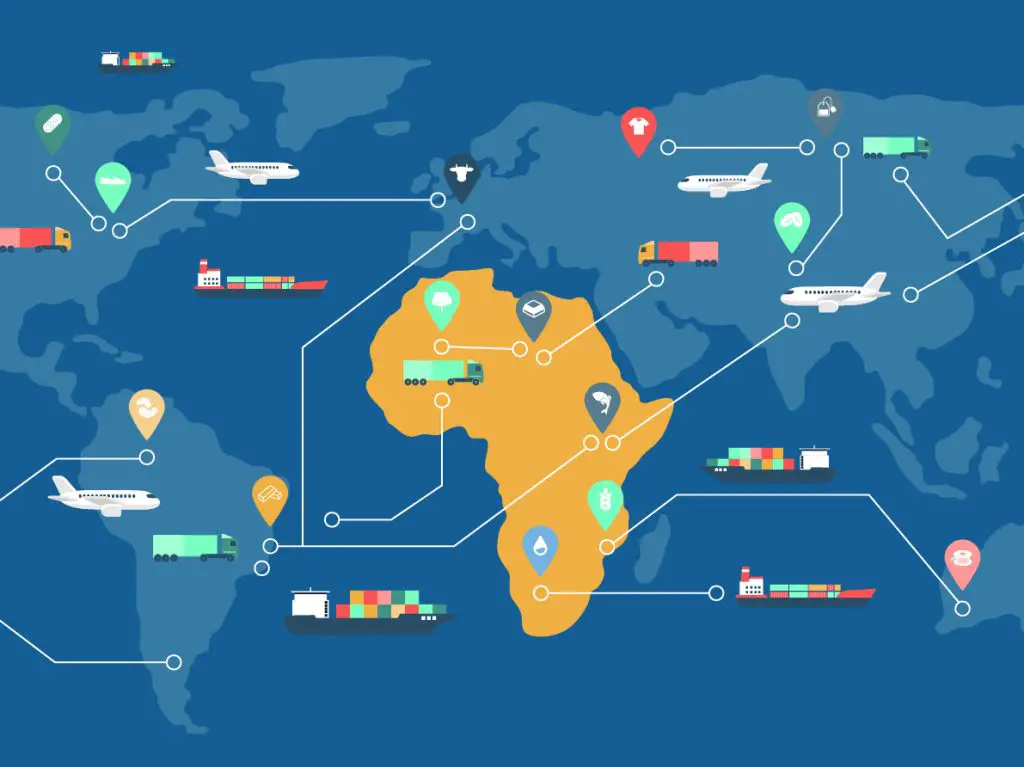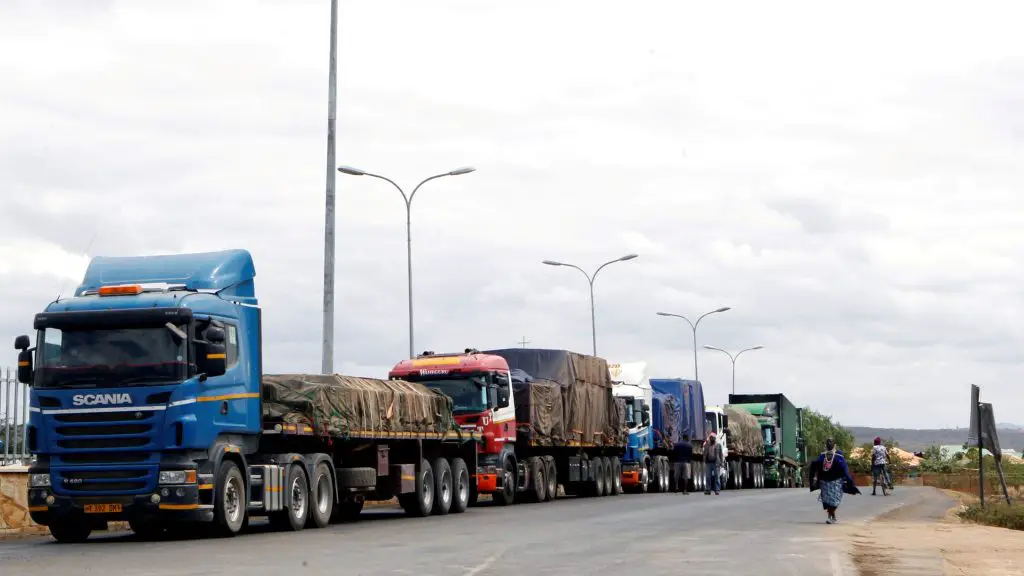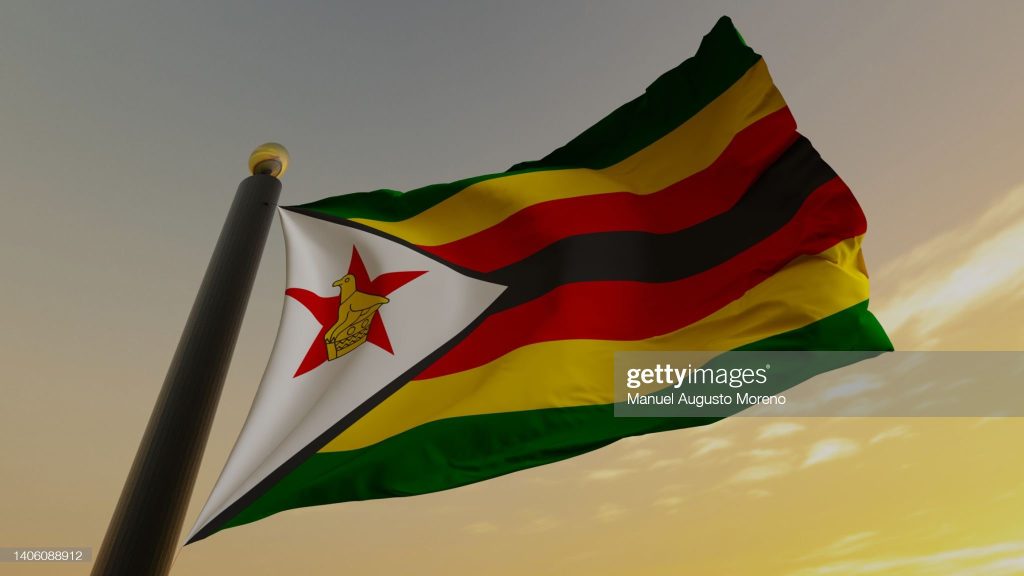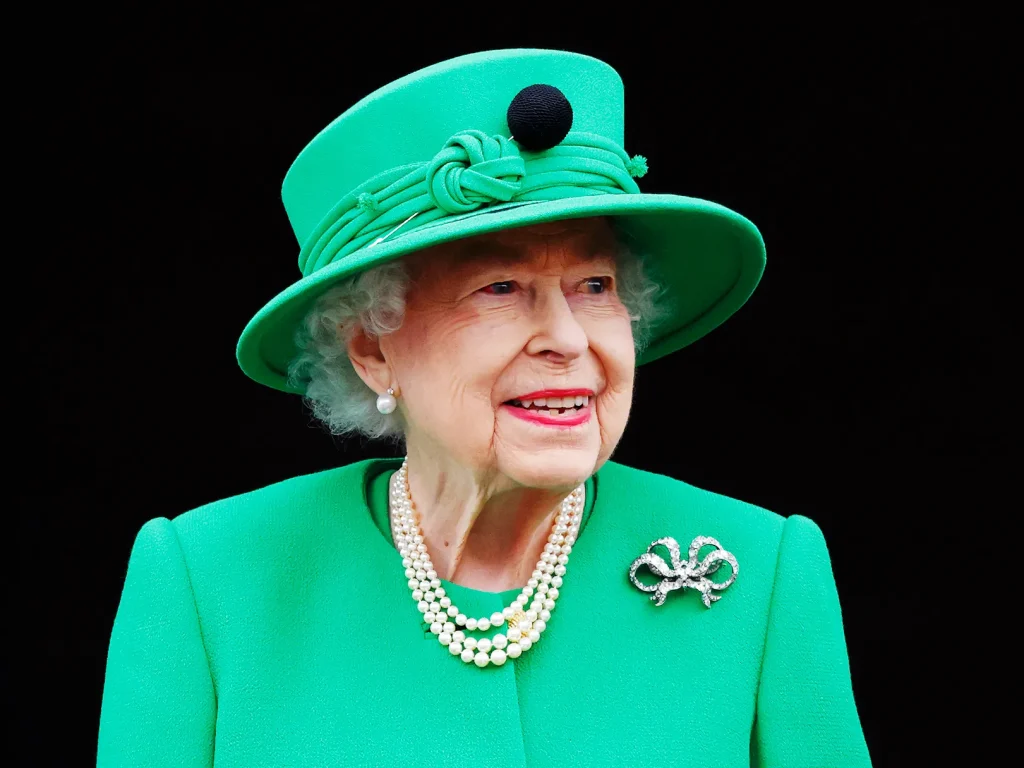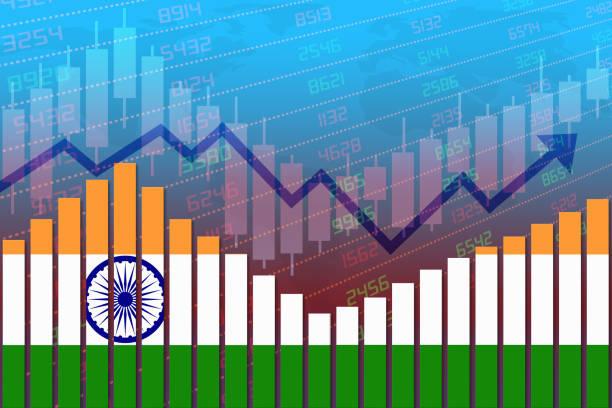- AfDB commits $2 billion to revolutionise clean cooking in Africa, save forests
- The harsh realities of family laws for African women revealed
- Kenyan home buyers shift preferences, seek affordable housing despite market downturn
- How startup Yeeo is shaping the future of business contacts with eco-friendly innovation
- Stakeholders in Nairobi seek to unlock Kenya’s green jobs potential
- Alarming surge in online child exploitation sweeps Africa
- Beijing tightens China-Africa grip as trade rivals US, Russia seek bigger slice
- Exploring the Forex CFD Trading Landscape in Africa in 2024
Browsing: economic growth
Policymakers must advocate for pooling resources to support the most affected, particularly in Africa. They can financially support and share land restoration and climate adaptation technologies. Collaborations to expand inclusion that can attain a new paradigm in climate change mitigation.
The leaders of the major polluting nations and donor countries, as well as the leaders of African nations—must commit to implementing policies, allocating resources, and taking the necessary actions to address the deteriorating climate situations globally.…
Some worry that monetary policy is still excessively accommodating, given that rate hikes have not matched inflation. Policy cooperation may be beneficial. Fiscal consolidation and a mix of rate rises and currency depreciation may play a role in nations where policy is overly permissive.
The shaky recovery in Sub-Saharan Africa, coupled with domestic demand constraints, has not significantly fueled inflation so far. However, in the coming months, governments and policymakers must carefully monitor and prioritise tackling the rising inflation in Africa.…
Enhancing financial literacy is only one of the numerous ways Africa’s youth may be prepared for the future. Stakeholders must simplify financial literacy education and make it practical. Without simplified and functional financial literacy, one could fall victim to the prevailing financial challenges in a highly changing world marked by technological advancements. Improving financial literacy in Africa’s youth will help improve financial inclusion.…
Africa seeks economic prosperity rooted in sustainable development and inclusive growth. Appropriate governance and exploitation of the latent potential in the African blue economy can accelerate economic growth. Consequently, this can help alleviate poverty throughout the continent.…
The world largely considers Africa as the next great growth market, a designation that has persisted for years. There are several reasons to be optimistic: the African continent has some of the world’s youngest populations, promises to be a key consuming market over the next three decades, and is becoming more mobile phone-enabled. Because access to smartphones and other devices improves consumer information, networking, job-creating resources, and even financial inclusion, a rising digital ecosystem is especially important as a multiplier of heightened economic growth.…
Economic diversification beyond commerce, as defined in the Djibouti Vision 2035 plan, the government’s national development program released in 2014, would depend primarily on the country’s capacity to sustainably enhance its tourism offerings.
While President Ismael Omar Guelleh’s administration has succeeded in increasing infrastructure investment, which is critical to fostering tourism, the nation still has a long way to go in enhancing international connectivity and domestic accessibility to become a top tourist destination.…
The difficulty of transferring commodities throughout Africa is not new to the continent. It is currently a key impediment to the AfCFTA’s prospects, especially in building regional industrial supply chain clusters. Africa’s massive infrastructure deficit has hindered regional trade and economic integration for decades, notably in transportation and supply chain fragmentation.
Some parts of the continent, specifically areas surrounding East African nations, do far better in cross-border movement and trade. However, most African countries fare poorly on metrics such as cross-border clearance processes. According to the World Bank’s Logistics Performance Index, the regions also struggle with trade quality, infrastructure, inconsistent tax regimes, and consignment trace and track techniques.
Digitalisation in Africa’s logistics industry will address some of these difficulties. Furthermore, the development of digital logistics startups has aided in the facilitation of connection, which is critical to the movement of commodities within the area and across borders.…
Because of erratic economic policy, Zimbabwe continues to be the sick man of the Southern African Development Community (SADC) region.
The country perennially goes from one economic crisis to the next. Presently Zimbabwe is battling with resurgent inflation after managing to rein it in from the hyperinflationary levels reached in the years 2019 to 2020 and during the early months of 2021, peaking at over 837%.
Currently, Zimbabwe’s inflation stands at approximately 257%. Conventionally, the origins of inflation have been and always will be excessive money supply that outstrips the rate of growth in an economy resulting in too much money chasing too few goods and services. In the case of Zimbabwe, the inflation malaise was compounded by the fact that the economy is virtually stagnant, growing only marginally.
- Zimbabwe’s economic policy has been erratic.
- The government in Zimbabwe has recently adopted a scorched earth policy against inflation by tightening
Queen Elizabeth II’s leadership of the Commonwealth for the past seven decades has remained admirable. She steered the institution’s evolution into a forum for effective multilateral engagement whose potential to drive tremendous socioeconomic progress remains incontestable and redounds to the Queen’s historic legacy.
Over the years, Britain’s interactions with its former colonies in Africa have grown to diplomacy, aid, trade and economic growth. The Queen has, over the years, remained highly revered and recognized as the head of the Commonwealth. The Queen has now rested. Her death breeds a wave of uncertainty about the future of the organization. The possibility of the status of the British monarch also disappearing becomes more visible. At this point, the rout of the British monarchy in Africa could be complete.…
In terms of the economic outlook for India, opinions are divided given the headwinds facing the global economy presently, like the cost-push inflation from increases in food prices and soaring energy costs brought on by the Russia-Ukraine conflict. Deloitte, the global consulting and accounting firm, is optimistic about the economic growth prospects of India. It is projected that the Asian country will remain the fastest growing economy in the world, with growth projected to come in at between 7.1% to 7.6% in the years 2022 to 2023 and 6% to 6.7% in the years 2023 to 2024.
How has India managed to bullet-proof its economy to the extent that it has managed to register economic growth within a context of slowing global economic growth? According to Deloitte, India is primarily a domestic demand-driven economy, with consumption and investments contributing to 70% of the economic activity.
According to the Reserve Bank …

